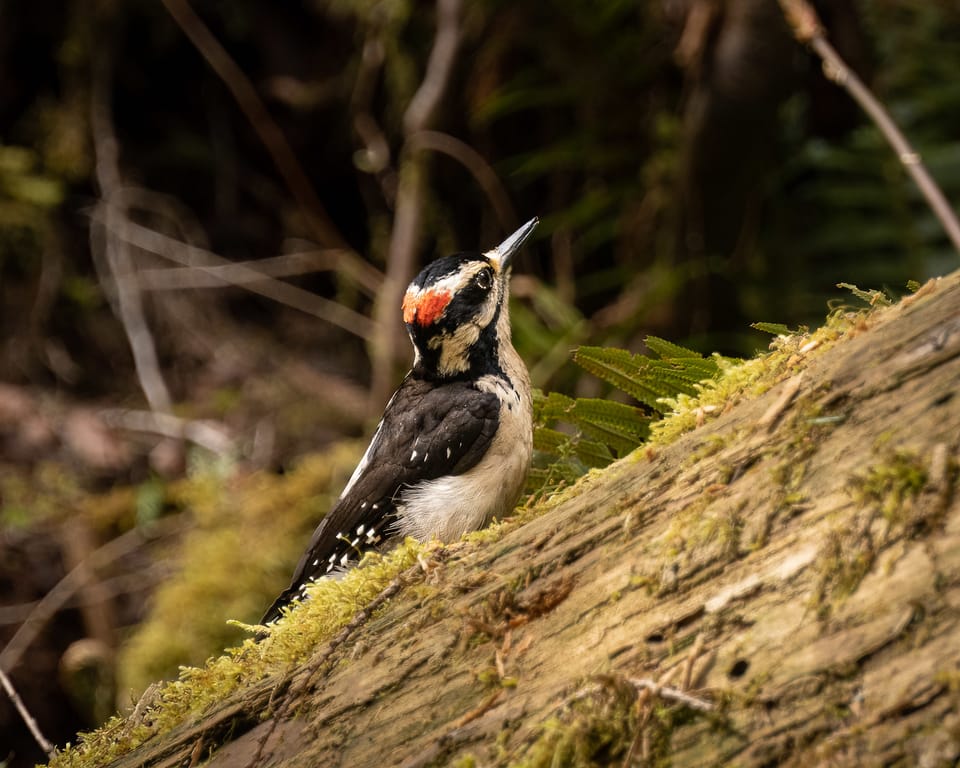EcoWest News, July 19, 2022

Welcome to EcoWest News, a weekly round-up of news and resources that you can put to use in addressing environmental issues and protecting the wild in your community.
Across the West
80 million years ago, Manitoba was covered by a warm, shallow sea. Morden’s Canadian Fossil Discovery Centre houses a complete shark skeleton as well as a 43-foot-long mosasaur, a marine reptile. [CBC Manitoba]
The Saskatchewan government’s climate change strategy measures what is being done rather than its impact. We should be measuring the number of trees that reach maturity and how well they’re capturing carbon emissions rather than the number planted. [Global News]
Oilsands tailing ponds are a big liability. They continue to grow and there is no guarantee they can or will be reclaimed. [Environmental Defence]
BC is building mine waste storage facilities as high as Vancouver’s tallest skyscraper without environmental assessment. If the tailings dams fail, it could lead to loss of human life, damage to roads and infrastructure, and the destruction of ecosystems like salmon watersheds. [The Narwhal]
Light Pollution
Urban light pollution is causing trees to leaf out earlier and change colour later. This could make trees more vulnerable to late-winter cold spells, but a longer growing season could also extend the benefits trees provide. [Anthropocene]
Artificial light at night is a big problem for nocturnal animals, interrupting hunting and breeding and causing habitat fragmentation. Light infrastructure needs to be a key element of any habitat restoration or species reintroduction project. [Undark]
Urban Sustainability
The new Vancouver Art Gallery, featuring solar heating, triple-glaze windows, and heat pumps, will be the largest Passive House art gallery in the world, reducing energy consumption by 75%. [Vancouver Sun]
Moose Jaw, SK, has adopted non-lethal ways of coexisting with pigeons and beavers. “It’s not just about kill, kill, kill. There has got to be other alternatives and other solutions that you can do.” [Moose Jaw Independent]
Comox, BC, plans to address climate change by banning new gas stations. So are Los Angeles and a number of other cities in California. [The Energy Mix]
Cougars don’t want anything to do with humans and keep their distance. That’s becoming more difficult in BC’s rapidly urbanizing Fraser Valley. [Fraser Valley Current]
Agriculture
There are about 5 million tractors in the US; almost all of them run on fossil fuel. Farmers have begun test driving small electric tractors that could work well in vineyards, berry fields, and hobby farms. [Inside Climate News]
Healthy, biodiverse soil communities support a wide variety of functions, including nutrient cycling, food production, carbon storage, and water filtration. Here are some ideas for protecting them. [The Revelator]
Transportation
Scientists have produced renewable jet fuel from common soil bacteria. Next step: to develop a large-scale production method that can compete with subsidized fossil fuels. [Interesting Engineering]
Entrepreneurs and engineers are dreaming big in the search to replace dirty fuel-powered container ships with cleaner wind-powered options. [The Guardian]
Nature’s Wonders
Woodpecker heads don’t absorb shocks. Instead, they have smaller, lighter brains, which greatly reduces the pressure they experience with each peck. [The Atlantic]
Truly remarkable bird photography: owls sharing food, a hummingbird with its head stuck in a flower, a gnatcatcher perched on a peregrine falcon’s head, and a baby sandhill crane with a dirty beak. [Audubon]
"The way nature is valued in political and economic decision making is both a key driver of the loss of biodiversity and a vital opportunity to address it … we must place science-based valuation of nature at the heart of economic decision making." [BBC]
Photo credit: https://www.flickr.com/photos/apmckinlay/52075834840
EcoFriendly West informs and encourages initiatives that support Western Canada’s natural environment. Like us on Facebook, follow us on Twitter, or subscribe by email.

Member discussion